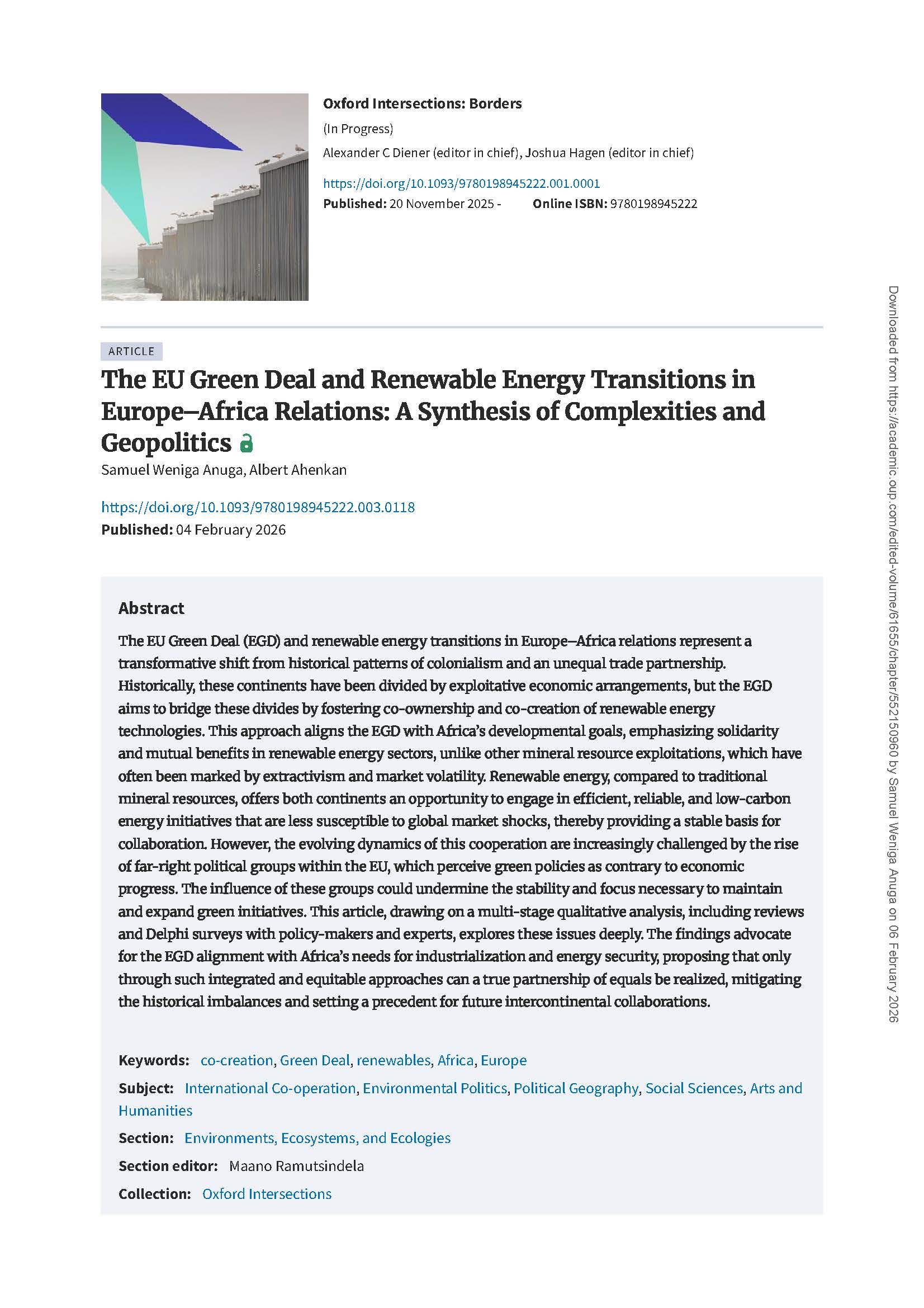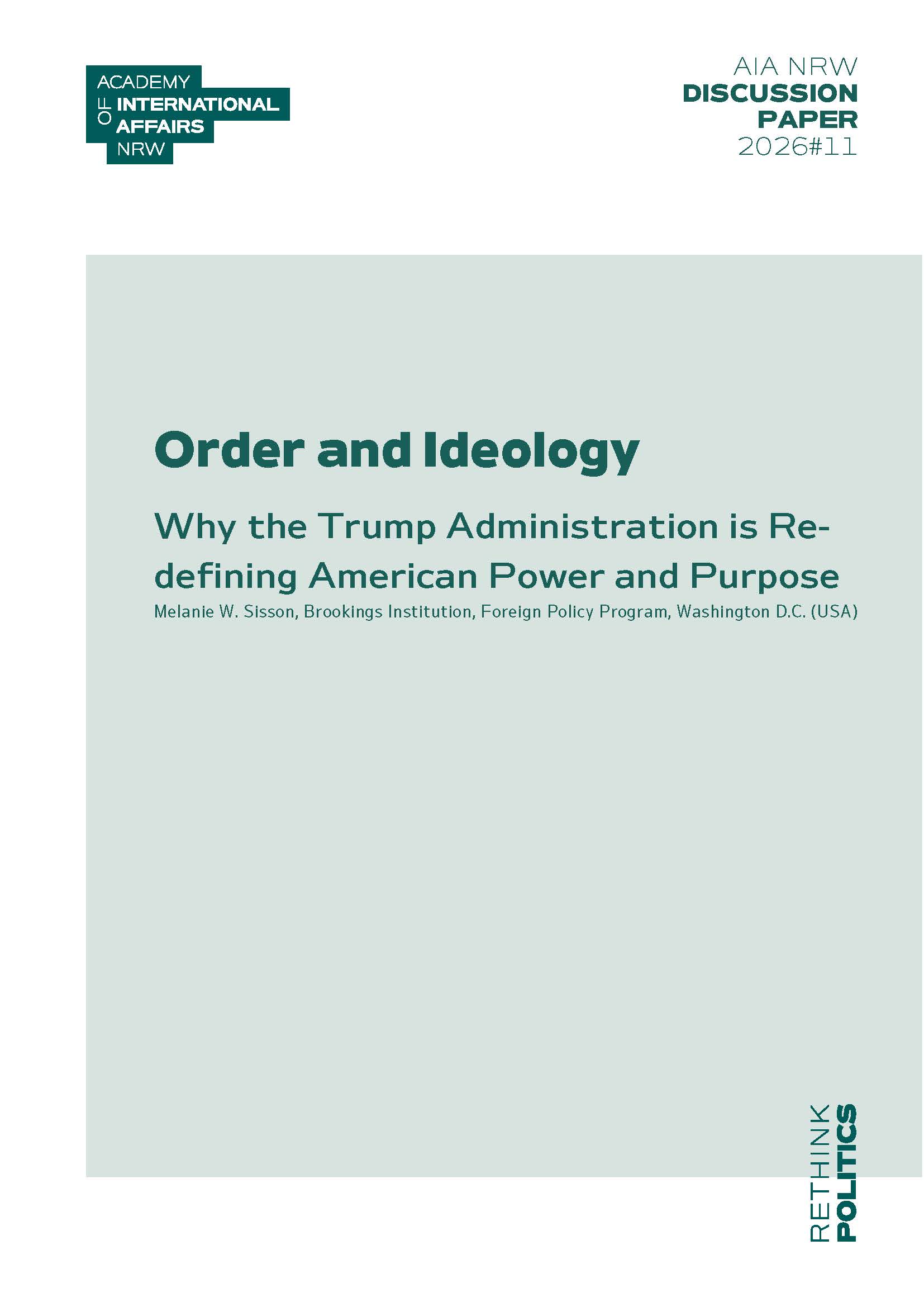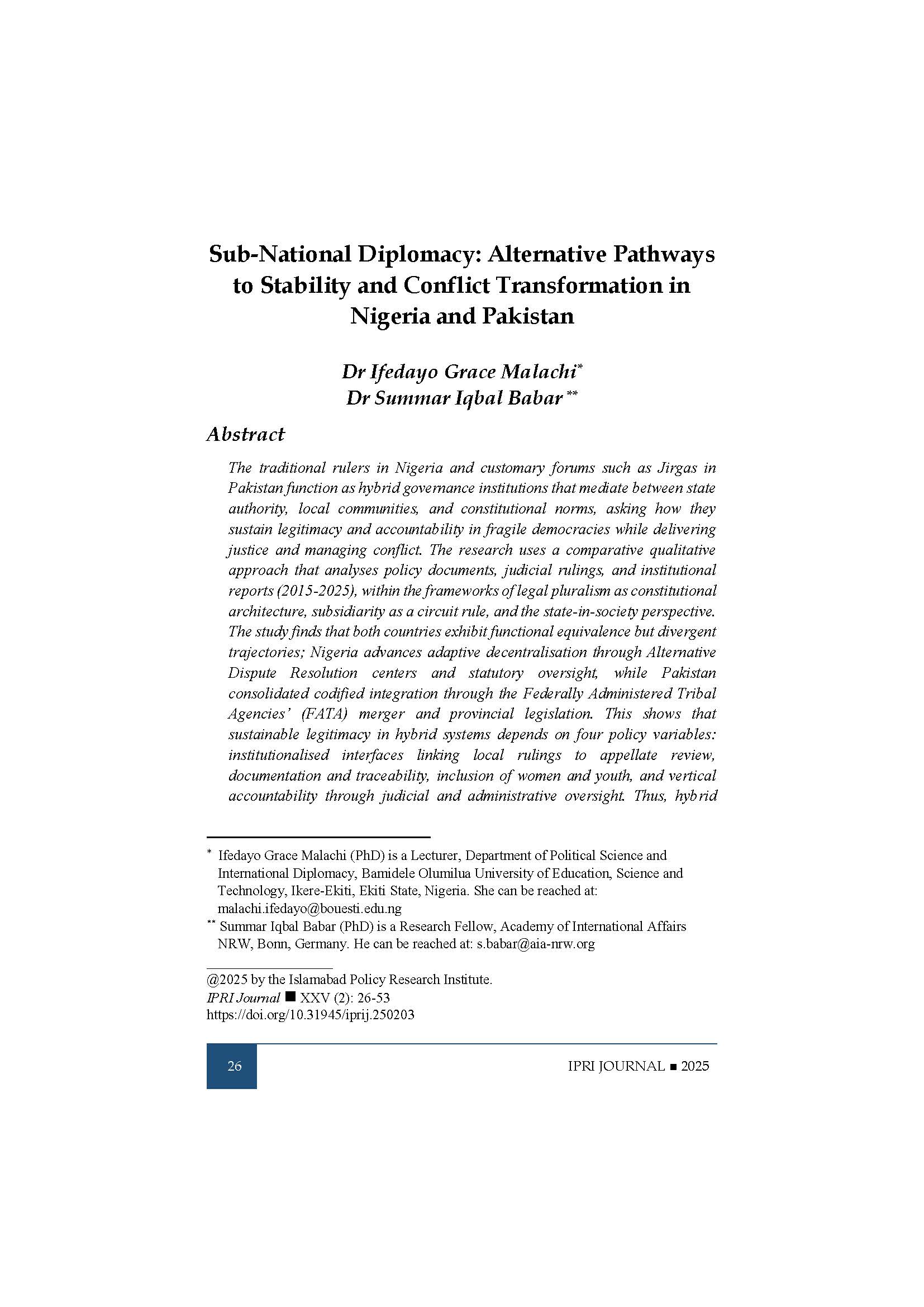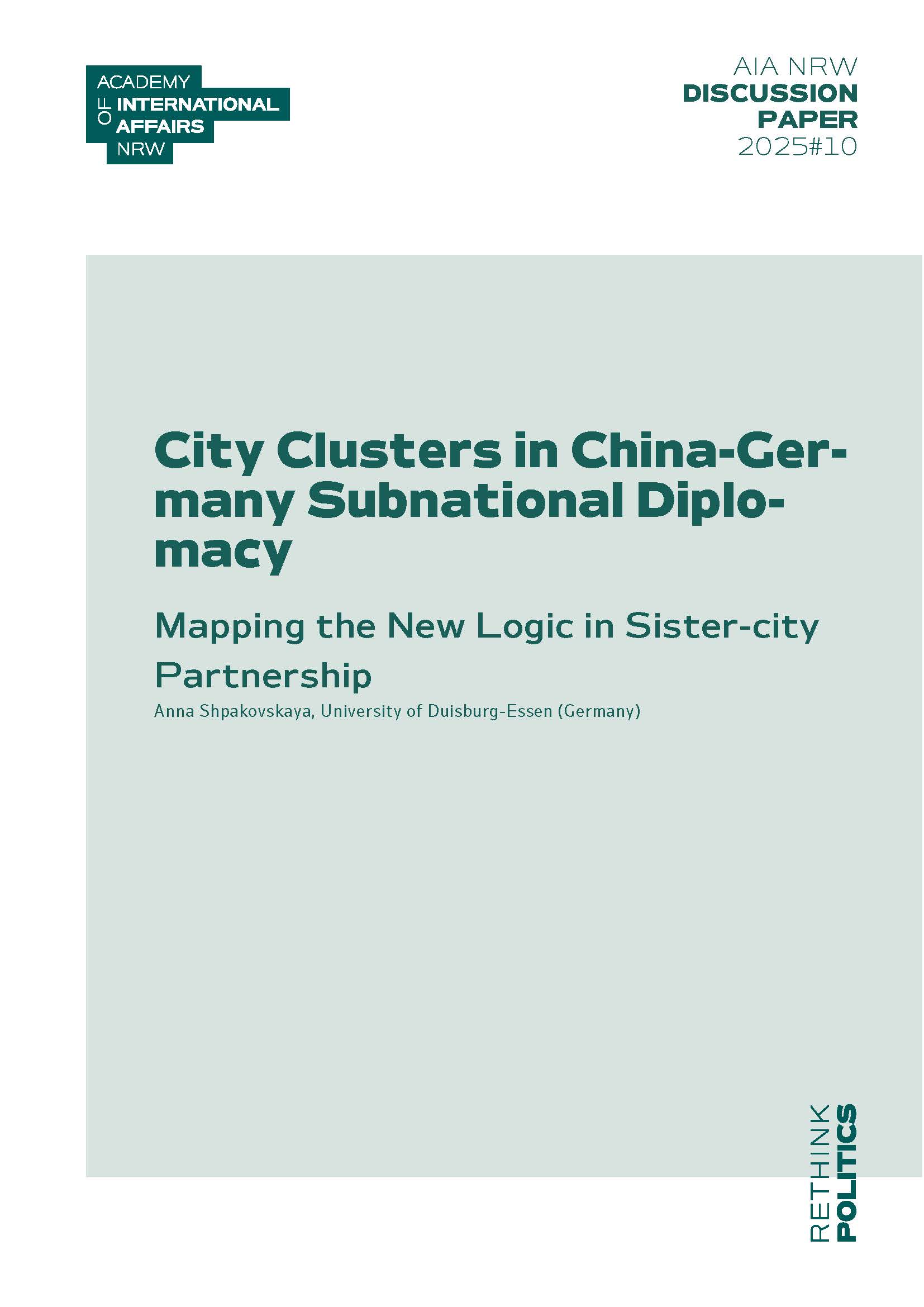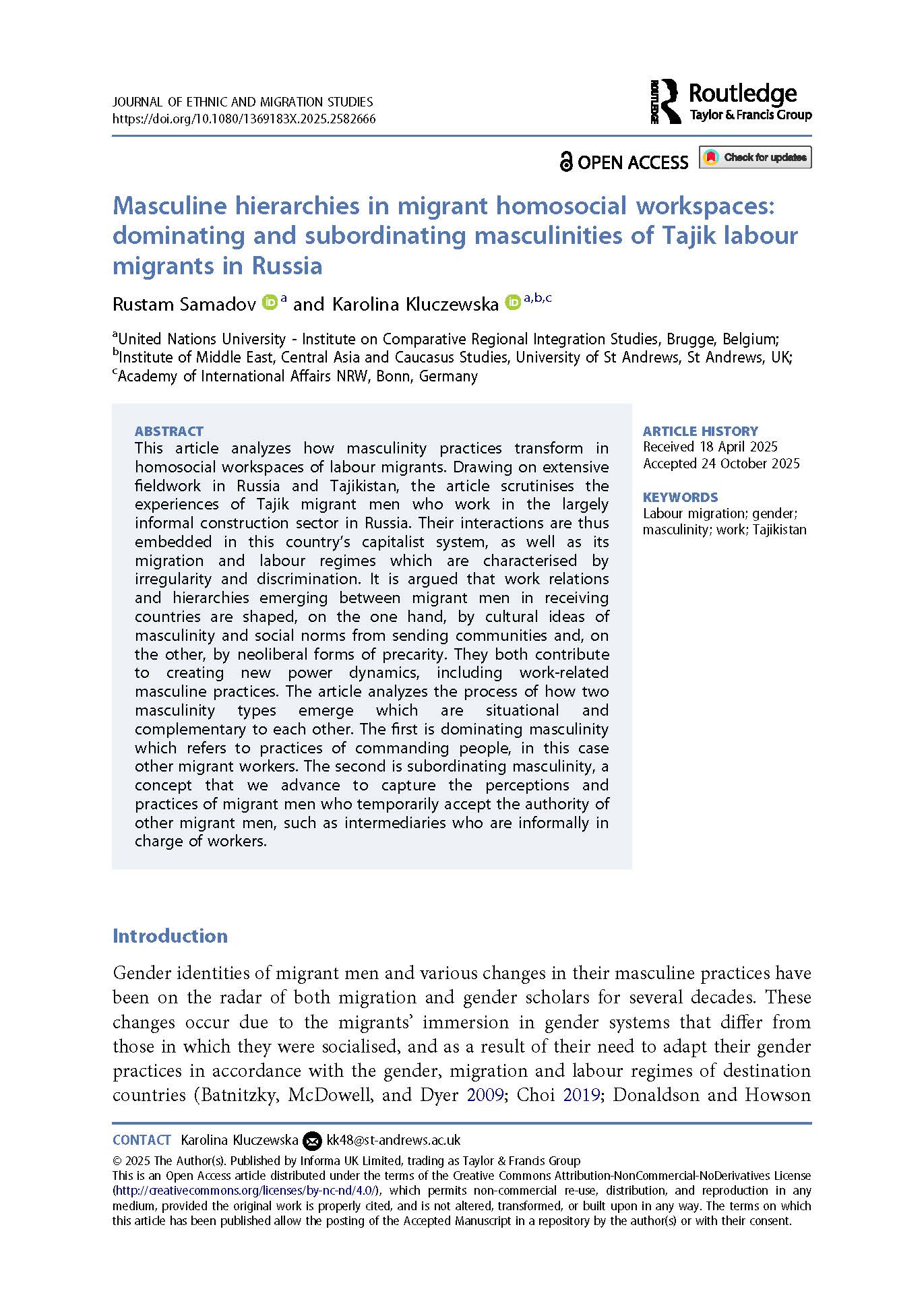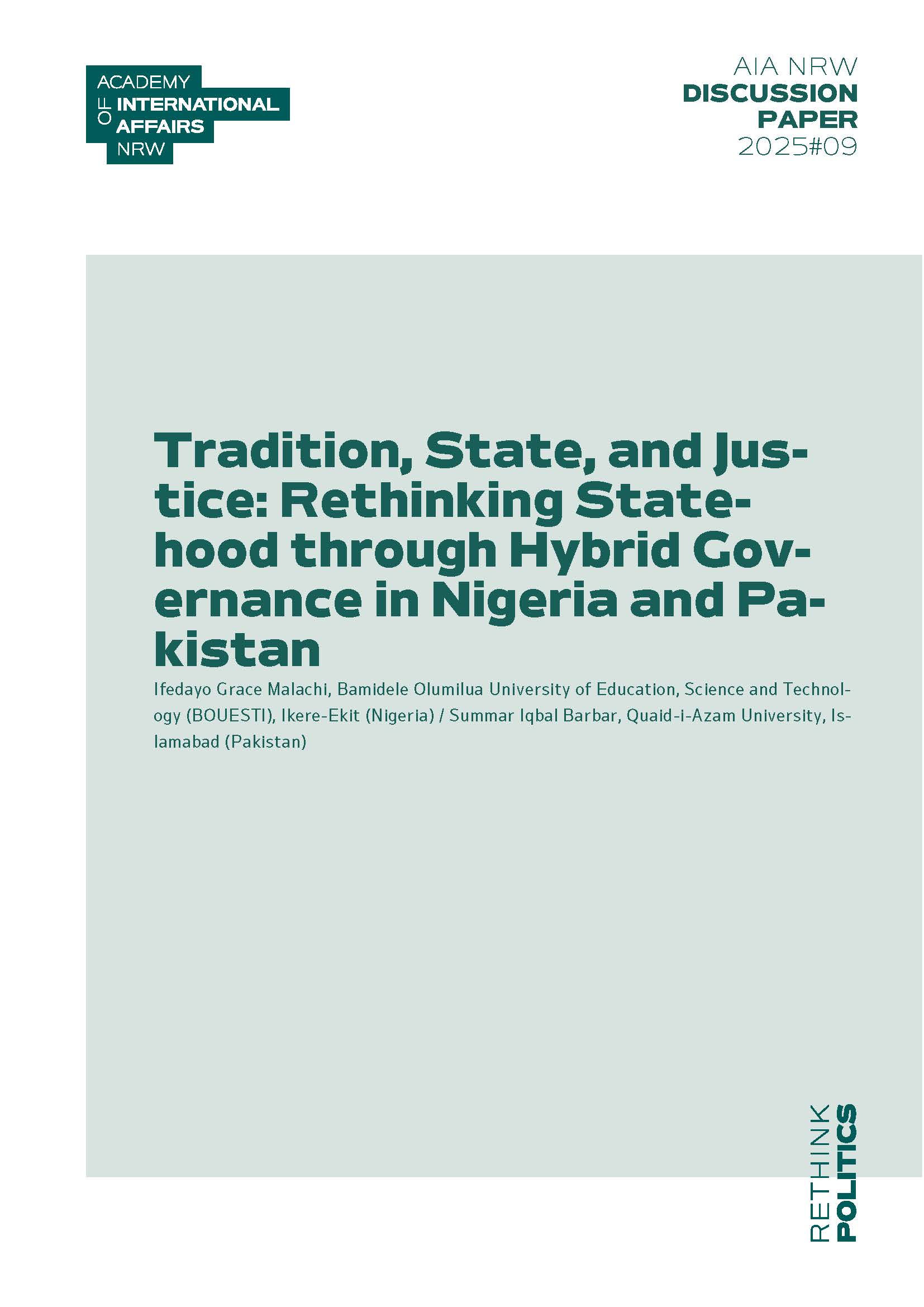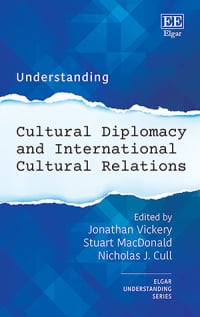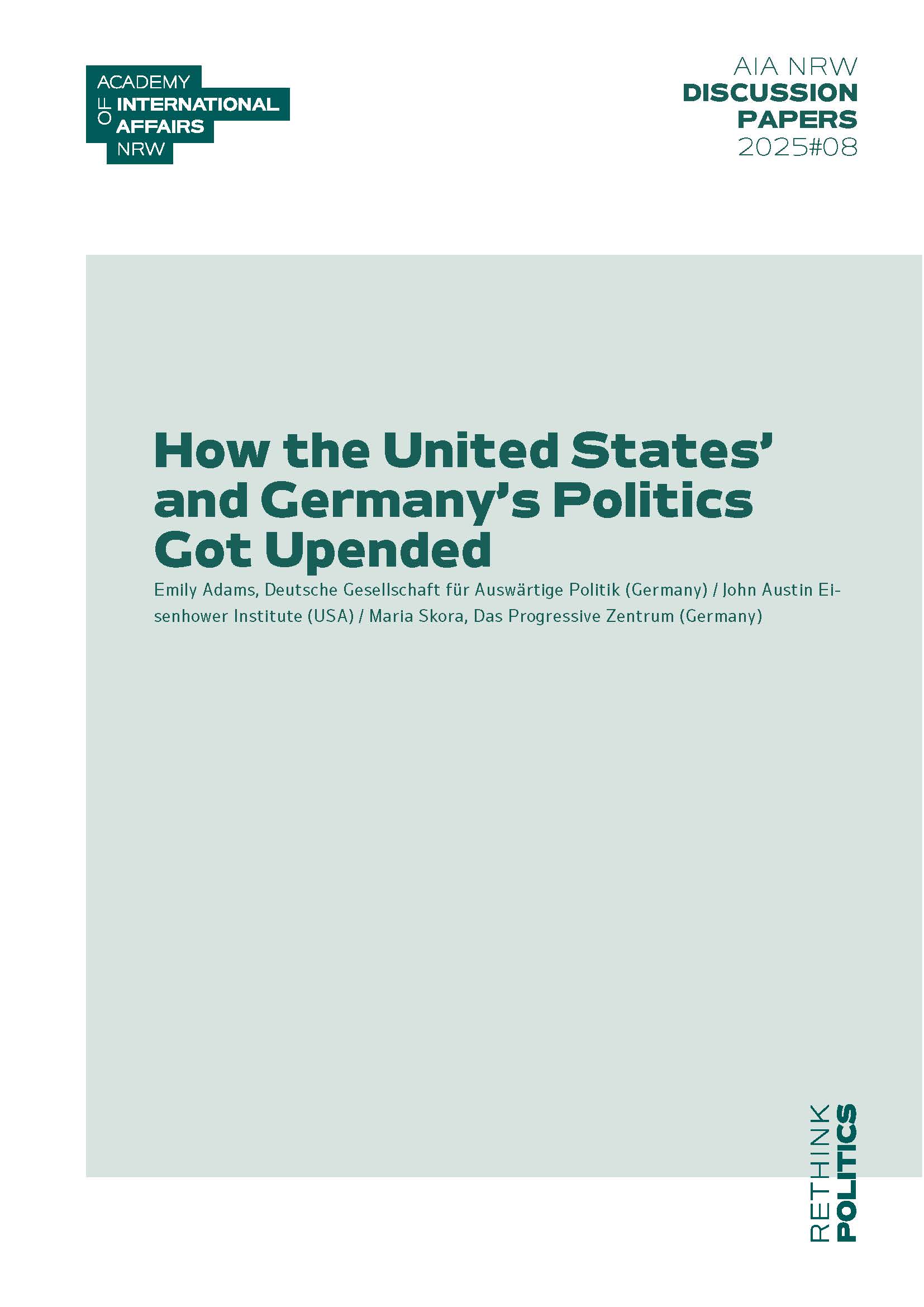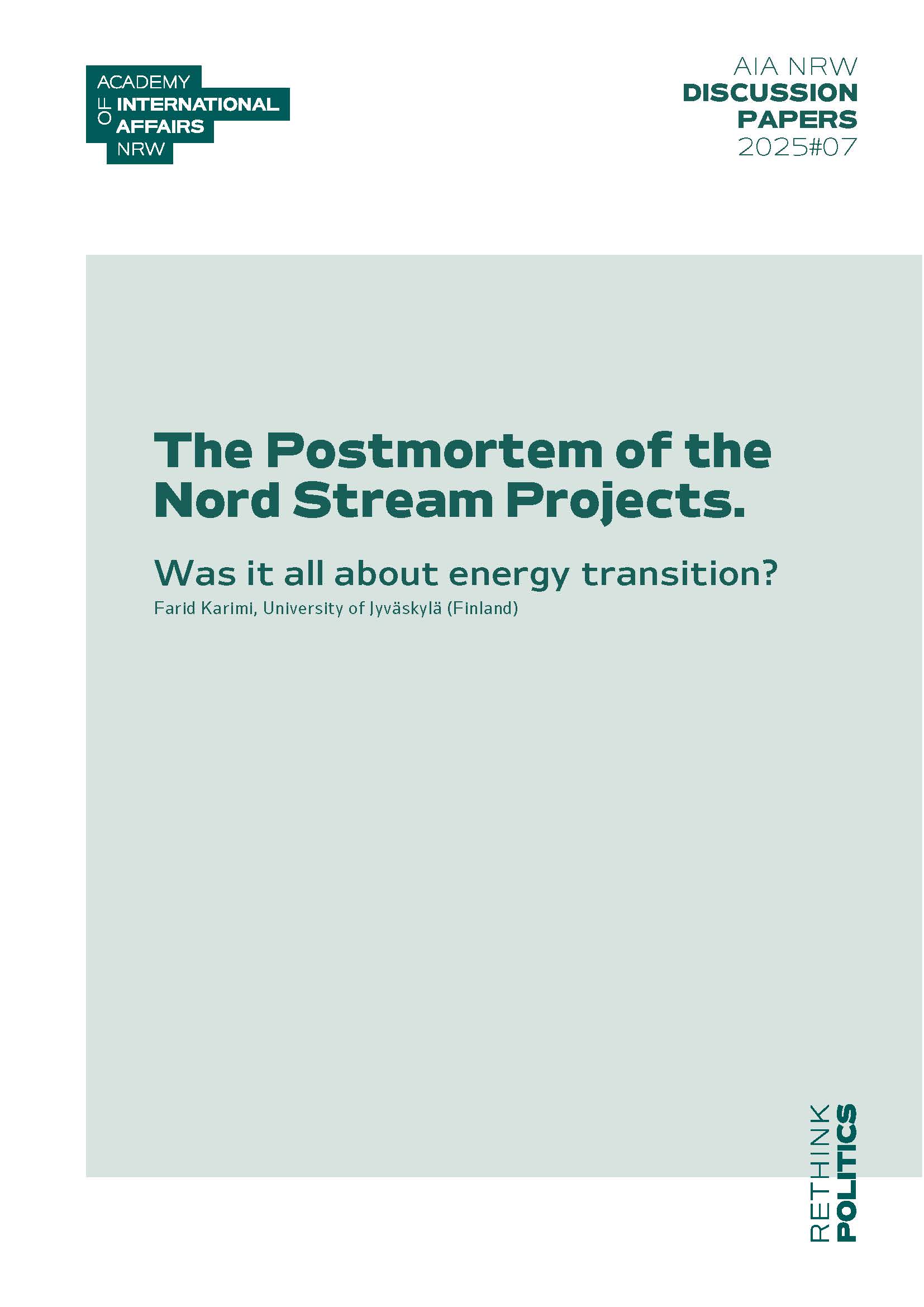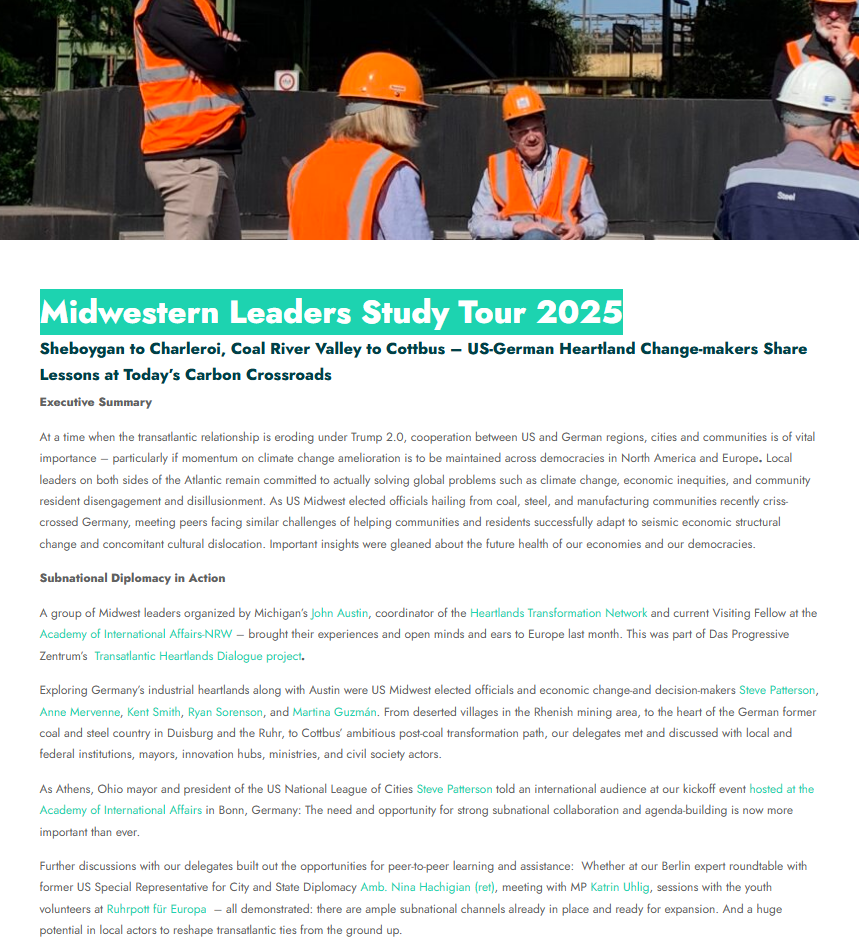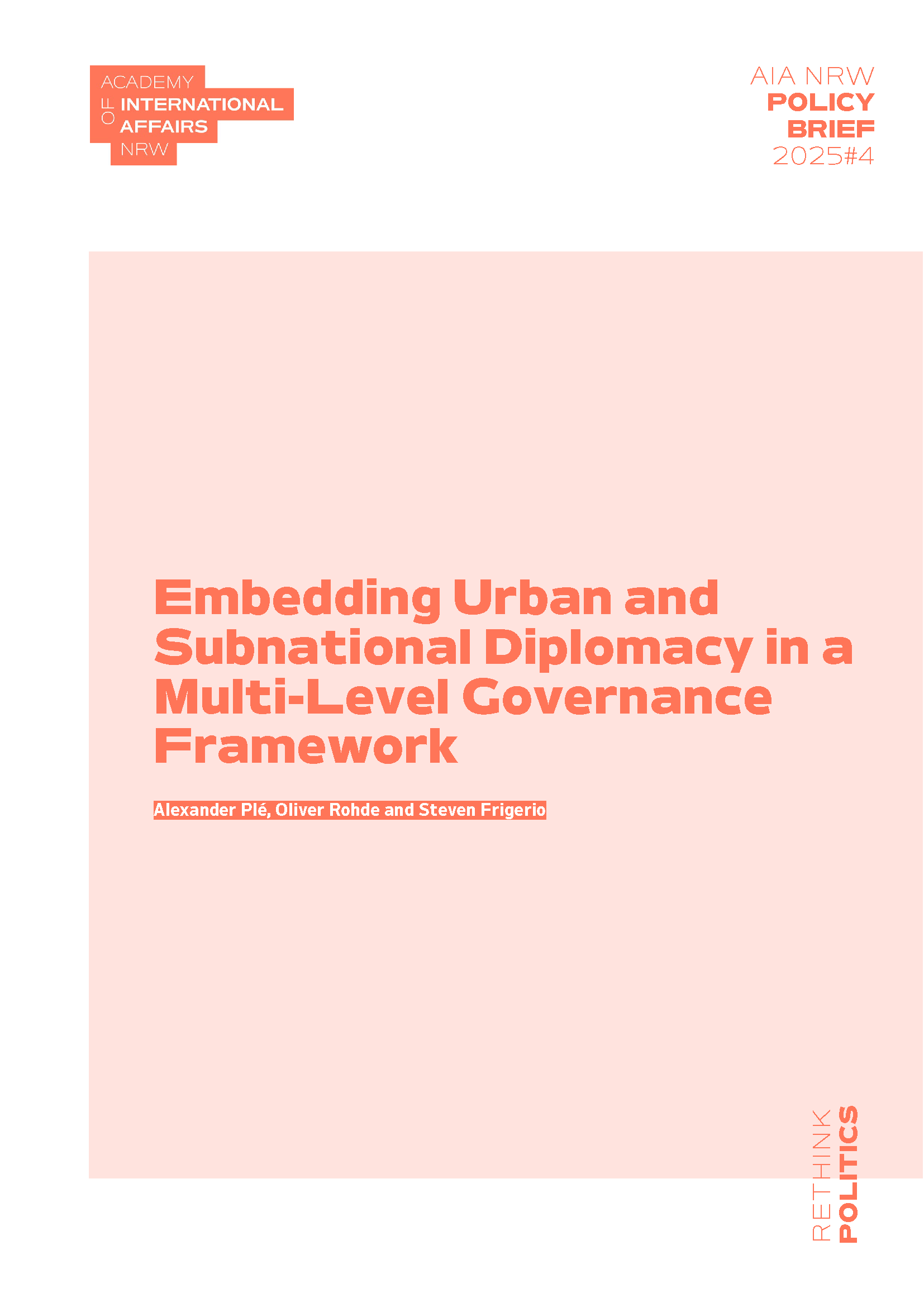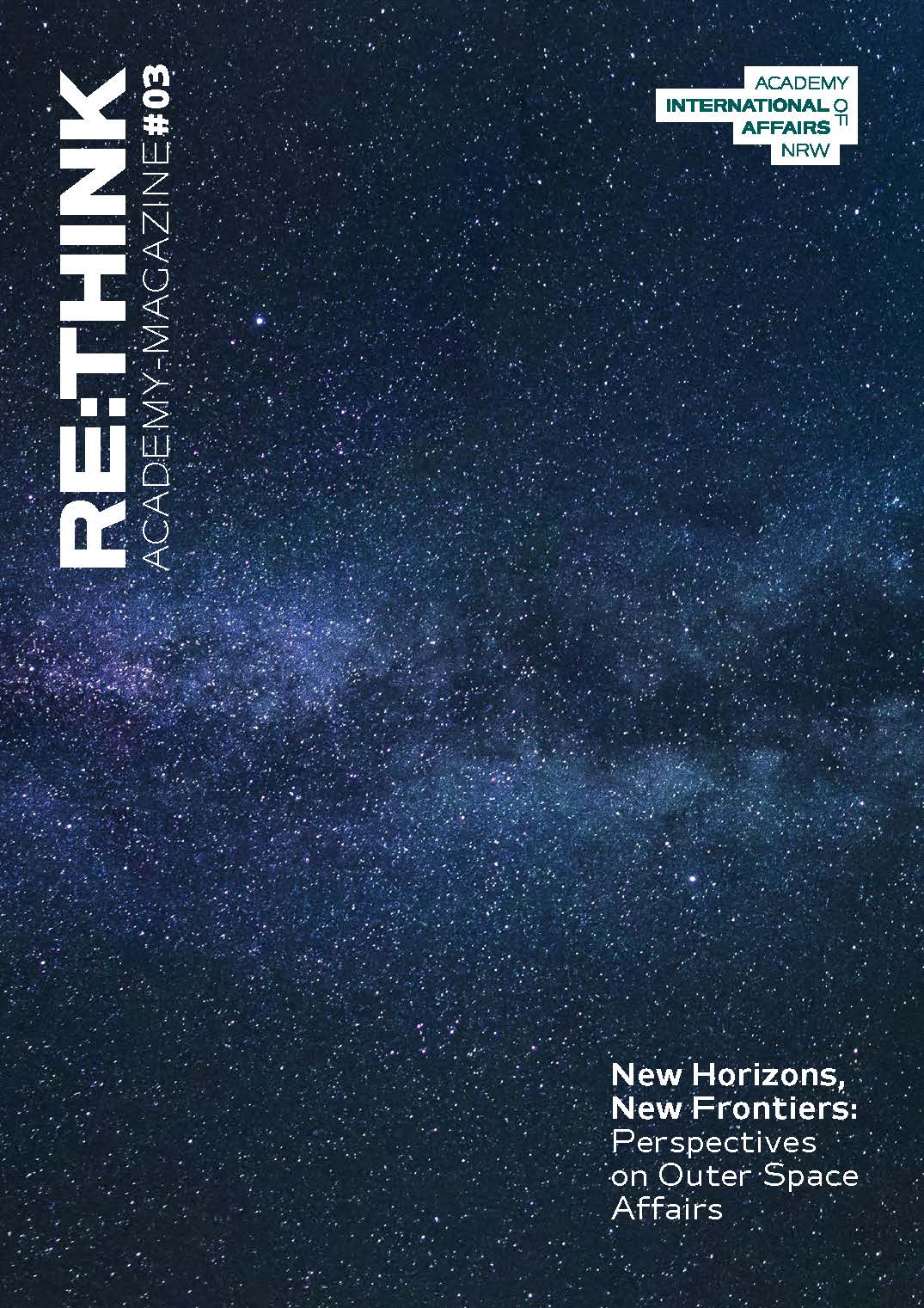
© Katja Velmans
Publications
-
The EU Green Deal and Renewable Energy Transitions in Europe–Africa Relations: A Synthesis of Complexities and Geopolitics
The EU Green Deal (EGD) is transforming Europe–Africa relations by moving away from historical patterns of exploitation toward equitable collaboration in renewable energy. By fostering co-ownership and co-creation of clean energy technologies, the EGD aligns with Africa’s development goals, offering stable, low-carbon energy initiatives less vulnerable to market shocks. However, the rise of far-right political…
-
Order and Ideology
Why the Trump Administration is Redefining American Power and Purpose This paper analyses the foreign policy orientation of the second Trump administration. It argues that this does not represent an attempt at reform, but rather a fundamental departure from the liberal international order that has existed since the Second World War. Contrary to initial assumptions,…
-
Sub-National Diplomacy: Alternative Pathways to Stability and Conflict Transformation in Nigeria and Pakistan
The traditional rulers in Nigeria and customary forums such as Jirgas in Pakistan function as hybrid governance institutions that mediate between state authority, local communities, and constitutional norms, asking how they sustain legitimacy and accountability in fragile democracies while delivering justice and managing conflict. The research uses a comparative qualitative approach that analyses policy documents,…
-
City Clusters in China-Germany Subnational Diplomacy
This paper offers a new framework for understanding China-Germany sister-city diplomacy through the lens of city cluster logic, enabling subnational actors to navigate complex institutional structures and networked partnerships more strategically. Drawing upon a comprehensive policy analysis and a series of 68 interviews conducted in Germany and China between 2022 and 2025, this study illuminates…
-
Masculine hierarchies in migrant homosocial workspaces: dominating and subordinating masculinities of Tajik labour migrants in Russia
This article analyzes how masculinity practices transform in homosocial workspaces of labour migrants. Drawing on extensive fieldwork in Russia and Tajikistan, the article scrutinises the experiences of Tajik migrant men who work in the largely informal construction sector in Russia. Their interactions are thus embedded in this country’s capitalist system, as well as ist migration…
-
Tradition, State, and Justice: Rethinking Statehood through Hybrid Governance in Nigeria and Pakistan
Hybrid governance in Nigeria and Pakistan has not only persisted as a legacy of colonial state formation but has also evolved into a complex system of shared authority between state institutions and traditional, religious, and community actors. This evolution reflects a qualitative shift toward negotiated governance, where Emirs, Obas, vigilante groups and jirgas play central…
-
Understanding Cultural Diplomacy and International Cultural Relations
The book analyzes the role of culture as an instrument of international politics and transnational understanding. It focuses on the theoretical foundations and practical forms of cultural diplomacy as distinct from international cultural relations. It examines the use of cultural means in the context of soft power and the significance of state and non-state actors.…
-
How the United States’ and Germany’s Politics Got Upended
The most recent national elections in two of the world’s leading economic powers and democratic stalwarts—Germany and the US—saw ethnonationalist parties closing in on taking power. The recent rapid rise in support for Germany’s radical right AfD party; and the success of Donald Trump’s MAGA movement now threaten to bring the institutional pillars and norms…
-
The Postmortem of the Nord Stream Projects
This paper presents a postmortem analysis of the Nord Stream 2 (NS2) pipeline project, examining its political, economic, and security implications within the Baltic Sea Re-gion (BSR) and the broader European Union (EU). Initially framed as an essential part of Ger-many’s energy transition, NS2 evolved into a symbol of geopolitical miscalculation and intra-EU discord. The…
-
Midwestern Leaders Study Tour 2025
The Midwestern Leaders Study Tour 2025 brought US Midwest leaders Steve Patterson, Anne Mervenne, Kent Smith, Ryan Sorenson, and Martina Guzmán together with German counterparts to tackle industrial and climate transitions. Led by John Austin, Fellow at the Academy of International Affairs NRW, the delegation launched at the Summer Academy in Bonn. Through subnational diplomacy,…
-
Embedding Urban and Subnational Diplomacy in a Multi-Level Governance Framework
Promoting urban and subnational diplomacy within a coordinated and synergetic multi-level governance framework is an important way to address global interconnected risks and challenges. Given the different nature, interests and positions of cities, subnational regions, national states and international organizations, their visions and ideas can substantially diverge from each other in some points. In a…
-
RE:THINK Academy Magazine #03
This issue explores pressing global dynamics across outer space governance, climate transformation, and conflict resolution. Articles examine the urgent need for security frameworks in space, Europe’s autonomy in orbit, and environmental perspectives beyond Earth. Simultaneously, it addresses structural change, geopolitical energy shifts, democratic engagement, and innovative approaches to diplomacy and peacebuilding from Ukraine to the…
